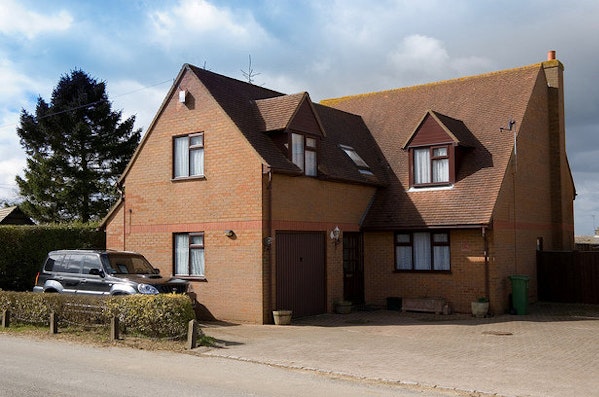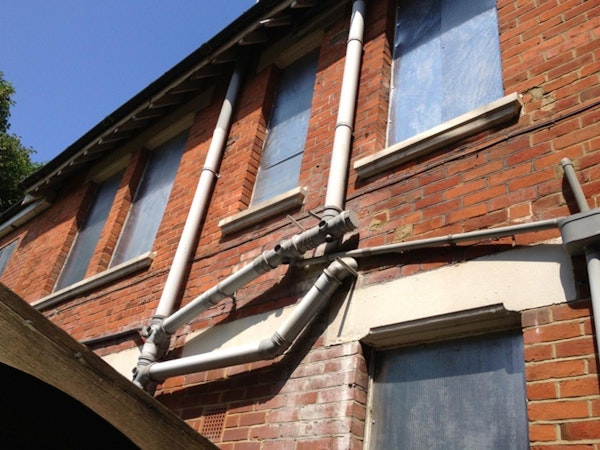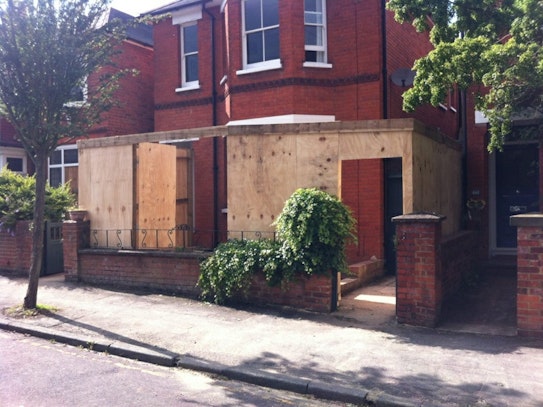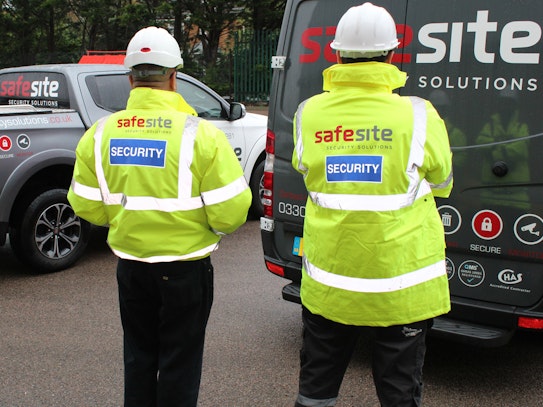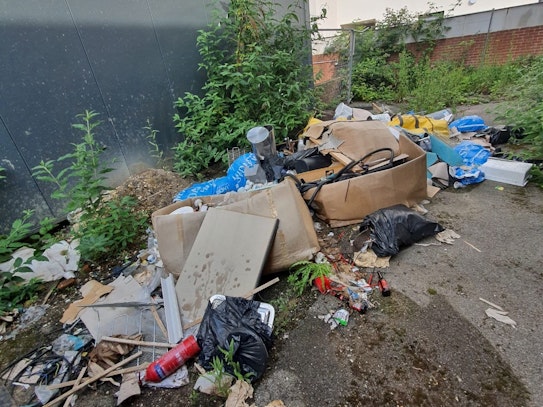- Fully qualified & insured teams
- Free site assessments
- Rapid response
- Rated Excellent
How to deter and prevent squatters
Whether the property is commercial or residential, there are three main ways to prevent squatters:
- Ensure that the property is less appealing for occupation by squatters.
- Secure the property and make it in accessible.
- Invest in surveillance with 24-hour camera surveillance and guards (as appropriate)
Your approach to squatter or intruder-prevention will inevitably influenced by the length of time you expect the property to be vacant. Read on to learn more about the important considerations for short- and long-term vacant property management.
Short-term property management
Make the property look inhabited
If a property is seen to only ever be vacant temporarily it will be much less appealing to squatters. This is because it will be harder to determine when and if it is occupied and by whom. It’s ideal for the property to look as busy as possible. Here are some tips on how to achieve the illusion of an occupied property, or a more ‘lived-in’ look:
-
- Use timer switches with lights, to activate lighting in keeping with daily routines, seasonal lighting e.g. later mornings and earlier evenings in the winter.
-
- Position high quality fake plants in windows, so that at-a-glance something appears alive and cared for inside.
-
- Arrange for a friend or neighbour to pop in regularly to complete some general routines such as:
- remove post
- open and close blinds and curtains
- switch on additional lights
- play music
- put the wheelie bins out etc,
- If the person checking on the house as a dog that’s even better. Leaving the dog in the garden while general routines are completed helps with sights and sounds of people busy and about the property.
- Offer a friend or neighbour use of any driveway or parking, so a vehicle gives the illusion of someone in the property.
- Arrange for a friend or neighbour to pop in regularly to complete some general routines such as:
Leave nothing to chance
It is essential to ensure that access points are fully shut and locked and that thought is given to the ways in which an intruder may try to gain entry:
- Replace any doors and windows with good quality locks and consider the addition of deadlocks. Locks should also be fitted to outbuildings such as sheds and garages, to prevent theft from these areas and stop tools inside them from being used to gain entry into the main property.
- Upgrade or inspect and UPVC windows and doors and ensure that they are compliant with British standards and insurance approved.
- Add security lights to the exterior of the property. Timed lights at the main access door will help the property look lived in, whilst motion-activated sensor lights to rear access areas such as gates, shed and garages as well as doors, can be a useful deterrent.
- Remove any outdoor items which might assist with forced entry. Garden furniture, wheelie bins, ladders and storage containers should be removed, repositioned or locked away.
Long term vacant property management
Leave nothing to chance
When you know that a property will be vacant for a considerable period of time, you need to significantly stepped up how the property is secured.
- Switch off your utilities. Properties without utilities are far less appealing to squatters and intruders. Although many property owners think that electricity supplies need to be maintained in order to feed alarms, this is not the case as there are now many good quality battery and solar powered CCTV monitoring and alarm systems which do not require phone line or electricity.
- Install alarm and monitoring system. The visible presence of alarm and camera systems which are actively monitored by security personnel makes the property less appealing to squatters, who would rather sneak in unannounced. Additionally, the presence of monitored CCTV recorded surveillance also means that in the event of any attempted break-in, trespass, vandalism and criminal damage to your property, prompt action can be taken and evidence gathered so for police follow-up, criminal proceedings and insurance purposes.
Consider security screens
Adding heavy duty screens and shutters, such as security screens to doors and windows, are essential for any site or property which will be vacant for an extended period. The variety of steel screens available should suit any type of long-term vacancy, for instance when:
- The property will be empty during a long-term refurbishment project, but viewing the property in daylight might be needed, perforated screens offer both protection outside and natural light inside.
- The property needs to be fully secured for minimal access and internal contents need to be fully secured against prying eyes. such as during prolonged probate or legal processes, solid screens which completely shut out daylight and views into the property may be better suited.
- Access points include awkwardly placed windows, such as sky-light windows. These can often be forgotten by property owners but easily accessed by squatters, so the custom-fit options afforded by steel security screens means that no access point remains unsecured.
All steel screen designs offer tamper-proof fixing and innovative locking designs, to maximise security. But, whilst access and removal by intruders is highly preventable, owners and security personnel can gain ready access when necessary.
When it comes to access points on commercial properties, it’s also worth considering that some exits, such as fire doors, are generally secured with a catch only rather than locks. This, and the fact that squatting in a commercial property is not covered by the same laws as residential property, can make a vacant commercial property a prime target for squatters and is another reason why fitting tamper-proof security screens and shutters to all access points is essential.
As with short-term vacancy, outside areas also need protecting in the long-term too. External items which could facilitate a break-in should be removed from the property, external security lighting installed and perimeters should be protected with security fencing as required.
Many of the security essentials, such as alarms and security screens, can be hired rather than purchased and installed by professional teams and offer cost-effective security for a one-off long term vacancy.
Spending the extra time and money to fully secure the property can also help offset any additional insurance premiums or excess charges, which occur once your insurers are updated with the change of circumstances and the property becomes vacant for a period of time. As such, it’s important to liaise with your insurance company to ensure compliance with any additional security measures they wish to be included so that your policy is not invalidated.
Finally, it’s worth remembering that, in the event of attempted trespass and intrusion by squatters, one of the main protocols for eviction is through an IPO. Because this has to be applied for within 28 days, it’s essential that your squatter prevention plan includes a regular schedule of inspection, including monitoring via CCTV, so that any attempts to break into your empty property can be identified, reported and followed up with further action swiftly, to prevent squatters from settling in.
Contact us for free expert advice and quotes regarding residential and commercial property security.
Request a free no-obligation quote
We respond in under 30 mins on average (excl. weekends)
